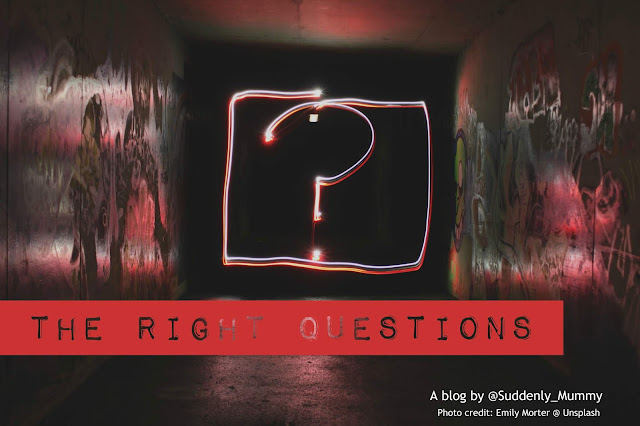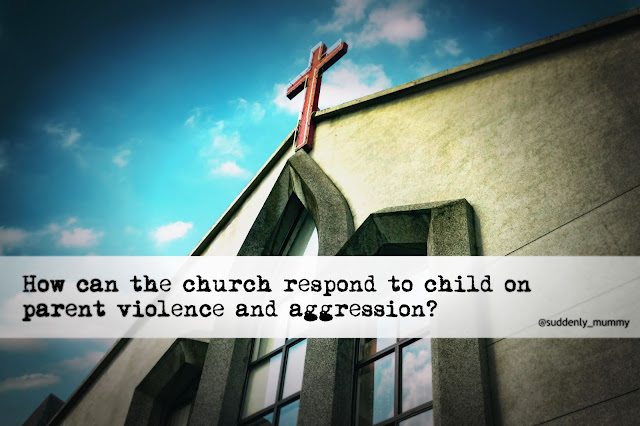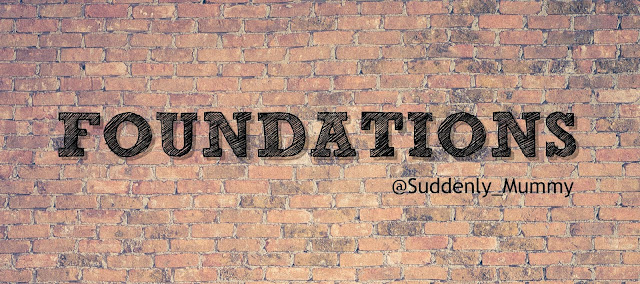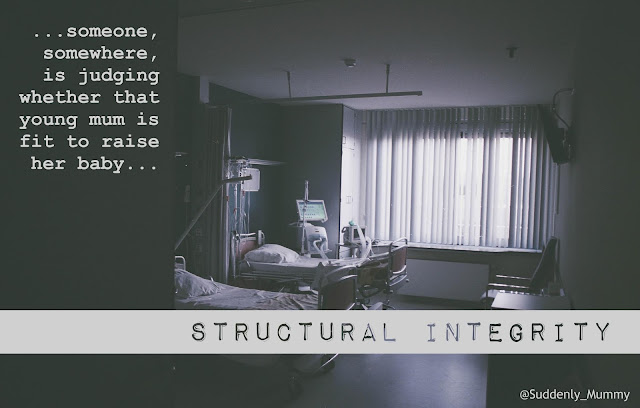I recently attended a medical check up with my husband (I'll just pause here for a moment to relish the use of that word!). He was updating his nurse about a symptom which he described using a layman's term...
I recently attended a medical check up with my husband (I'll just pause here for a moment to relish the use of that word!).He was updating his nurse about a symptom which he described using a layman's term that I thought was pretty descriptive, as well as accurate. Nonetheless, the nurse asked numerous questions about his symptom and, in the end, determined that the word he had used was quite wrong, and it was actually something else entirely.
This was a Good Thing because the treatment for what he actually had was quite different from the treatment for what he said he had.
I expect we'll probably carry on using the original (wrong) word between ourselves because it's less of a technical medical term and we both know what we mean. But words have meanings and, in some circumstances, they have very specific meanings, so it's worth asking the right questions to check that we all mean what we think they mean.
I was reminded of a time, years ago, when I went to the GP complaining of 'muscle weakness' among other things. She referred me on to a specialist who examined me, declared that I didn't have any muscle weakness and sent me packing. Strangely, my symptoms didn't all magically disappear. It was a long time later that it occurred to me that perhaps a more medically accurate description might have been 'muscle fatigue'. If only the specialist had asked a few questions.
Parents of kids with any kind of additional or medical need get pretty adept at spotting signs, noting symptoms and coming up with strategies but, when we meet with medical and other professionals, we need them to ask the right questions. Words have meanings. If I know what I mean, but use the wrong word, I hope that the professional in front of me has the patience and the time to ask me the right questions until we get to the must accurate description of what is happening.
I need them to ask me questions.
I do not need them to question me.
I do not need them to question whether I am exaggerating, or whether things are really as I've described, or whether this isn't just something that 'all kids do'. I don't need them to question my parenting skills, or my decision-making abilities, or my understanding of my child's needs. I do not need them to say, "Who told you that?" or "You can't believe everything you read on the internet!"
Ask me questions, please, but don't question me.
















